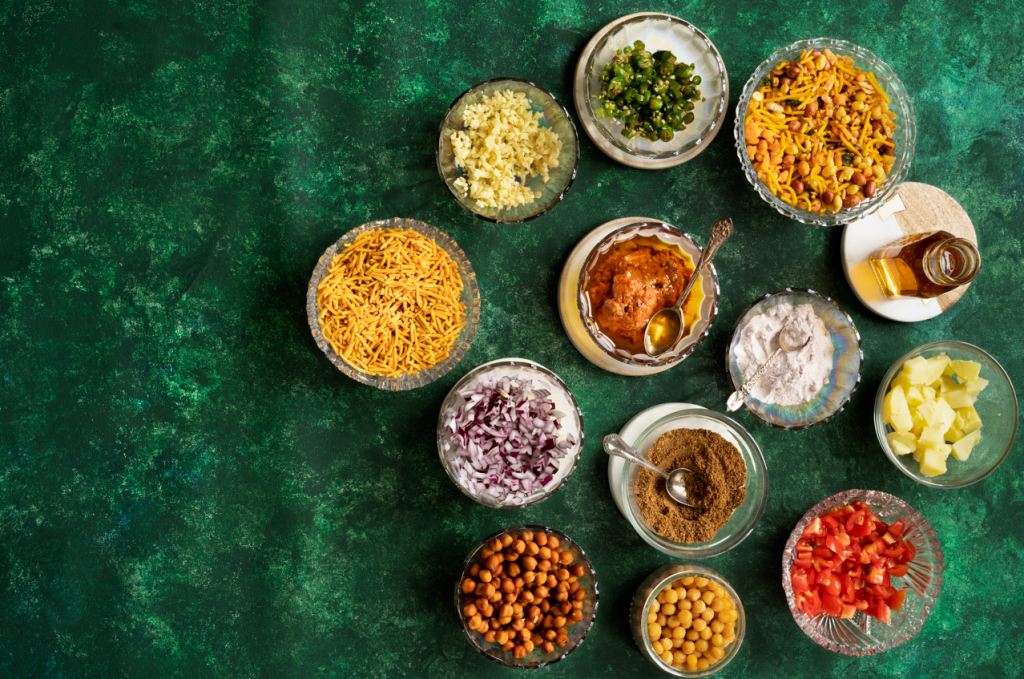Home Grown Exports Nourishing India’s Appetite
The rising global population and the growing issue of food insecurity have led to a surge in demand for sustainable sources of nutrition in the world’s most populous nation.
Outnumbering 26 million Australians by more than five-to-one, India’s headcount of 1.43 billion outranked China for the lion’s share of the planet’s population surpassing eight billion in 2022-2023, according to United Nations data.
By 2050, global protein requirements are projected to double as our population swells by another two billion – or tenfold in just 250 years.
As demand for protein continues to expand around global dietary requirements and evolve with consumer awareness, Manildra Group’s premium vital wheat gluten, wheat protein isolates, and starches have been introduced to India’s dynamic market, through diversifying trade partnerships with the world’s largest democracy and fifth-largest market.
“Many Indian consumers perceive Australia’s products as safe and reliably available,” Manildra Group General Manager Peter Simpson told The Cultivator.
“Manildra Group have an expanding customer base with Indian businesses and consumers and those relationships continue to grow,” said Mr Simpson.
“As fundamental building blocks for food and industrial applications, there are great value-adding opportunities to supply Manildra Group’s premium all-Australian ingredients to Indian manufacturers, processors, wholesalers and retailers.”
Backed by Manildra Group’s established global reputation as “consistent exporters day-in-and-out”, unrivalled quality and exceptional customer service remain core to our family-owned company’s commitment to bring the finest Australian ingredients to the world table.
Overseeing our sales, operations and business development in India, Manildra Group Asia Sales Manager (Food Ingredients), Liew Wang Shiang, said opportunities to provide real value in emerging industries and markets ranged from our vital wheat glutens for aquaculture feed and pet food production, to wheat starches for paper, pulp and packaging manufacturers, as well as modified proteins for plant-based meat processors, and grain neutral spirits for alcohol manufacturers.
“There are huge prospects for our range of value-added sustainable ingredients, with Manildra Group’s global reputation for superior-quality products, reliability in building strong customer relationships, responsiveness to customer needs, and adaptability to evolving market demands,” Ms Liew said.
Driving India’s appetite for plant-based proteins, together with increasing consumer awareness of plant-based protein benefits versus animal protein drawbacks, are the Asia-Pacific’s highest number of vegetarians – at one-quarter of the Indian population, alongside another one-in-five strictly vegan or pescatarian consumers.
With India’s trend toward protein-enriched, plant-based diets, Ms Liew said value-adding Australian native and modified glutens and starches “sourced from our clean-and-green country’s pesticide residue-free, GMO-free wheat”, were also crucially Halal and Kosher certified – “ticking all the boxes for today’s consumers”.
“Globally, changes in diets and consumer awareness have increased the demand for ingredients that are clean-label, keto-friendly, low GI, plant-based, soy-free and dairy-free – ranging from egg alternatives and plant-based meats, to on-the-go protein snacks and dairy protein bioactives and replacements, for sports performance and muscle maintenance.”
Ms Liew said the unique amino acid profile and exceptional protein levels of Manildra Group’s premium 100 per cent Australian modified proteins, were key to muscle growth and enhancing nutrition across India’s population – including more than 40 per cent aged younger than 25 years, with a median age of 28 a decade younger than China’s, reports the United Nations.
“Our vital wheat gluten and modified proteins also have less odour, consistent quality from a single crop per year, and are very light in colour as the ideal ingredient for baked goods, drinks and shakes used in pharmacies, hospitals and aged care, and as a digestion or absorption aid,” said Ms Liew.
The nutritional benefits of Manildra Group’s value-added Australian vital wheat gluten extended further into protein-packed pet food, said Ms Liew, amid the growing demand for premium, healthy and sustainable nutrition free of artificial colours and flavours, to aid the health and wellbeing of pets, numbering an estimated 30 million in India.
Ms Liew said Australian vital wheat gluten also held huge potential as a key sustainable ingredient in aquaculture feeds for the world’s largest shrimp export market, accounting for about one-quarter of global supply, while India’s domestic seafood consumption comprised little more than one-tenth of Indians’ animal protein intake.
